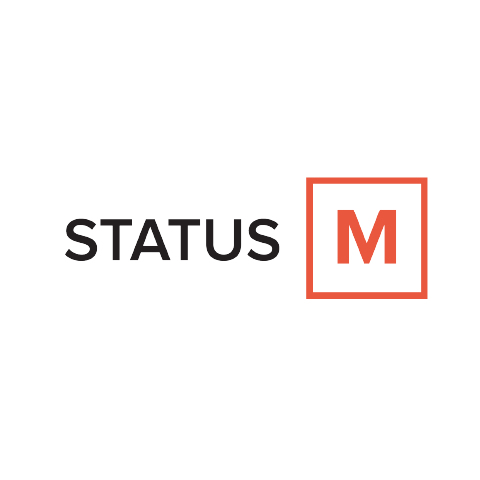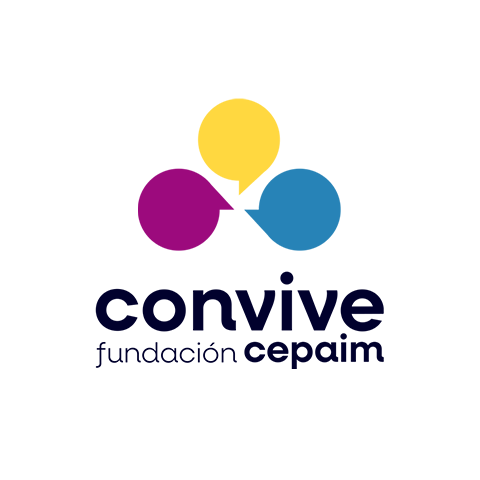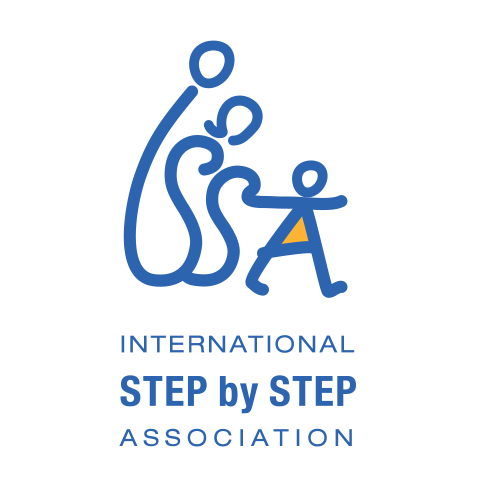about us
KINDER is a Gender-Responsive Pedagogy in Children Education (GRP-CE), targeting the educational professionals working with children between the ages of 3 to 12 years old. It builds on the assumption that learning processes play a determinant role in the socialization of boys and girls and has a major impact on children’s future life options, including career choices. The GRP-CE of KINDER will provide teachers, educators and other staff with gender-responsive and transformative tools, allowing them to respond to the specific needs of girls and boys in the teaching and learning processes from a gender equality perspective. At the same time, it will engage families in a participatory process that aims to promote diversity within and outside schools. Our strategy will equip teachers with knowledge, skills, and attitudes for a gender-responsive pedagogy (while promoting a behavioural change of the sometimes unconscious transmission of gender stereotypes by these professionals). KINDER will thus support school management and national public authorities to mainstream gender issues at early age levels.
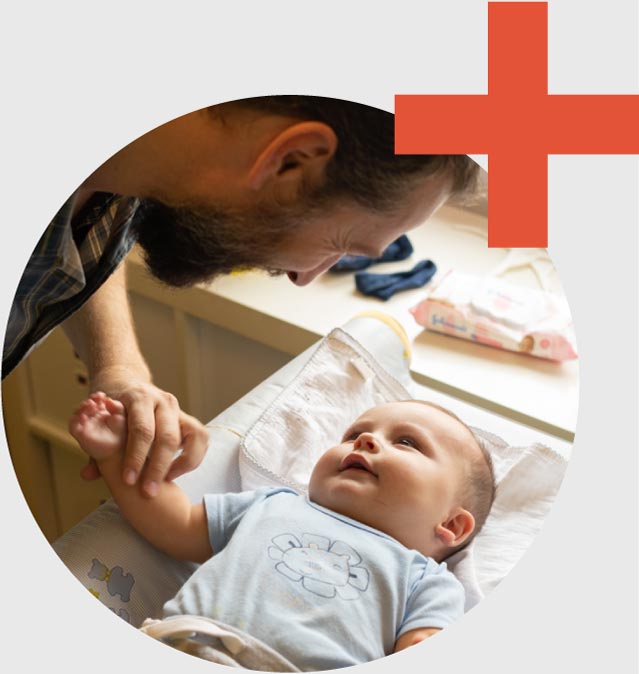
objectives
- Raise awareness on the need for an EU approach to tackling the persistence of gender stereotypes from early ages in the education systems;
- Target professional’s potential reproduction and transmission of gender stereotypes in kindergarten and basic schools at national levels;
- Promote attitude changes regarding gender stereotypes and sexism from an early age in and outside schools;
- Develop Educational Material for teachers and school staff on gender-responsive pedagogy to promote gender equality and combat gender stereotypes;
- Foster public authorities in mainstreaming gender-neutral and inclusive education at national and EU levels.
expected outputs:
- 3 country-map analysis (PT, ES, HR) and 1 EU map-analysis of the recent trends and state of implementations of gender mainstream in early education;
- 3 national adapted Program K for educational professionals, with two distinct curricula targeting children between 3 to 6 years old and another targeting child from 7 to 12 years old);
- 1 EU Program K (online and paper);
- 1 Event of good practices exchange among educational professionals;
- Online and face to face training sessions, with professionals from the education system, in a total of 1215 professionals (180 by country in the piloting phase and 225 during the training implementation);
- 3 national campaigns designed and implemented in collaboration with national public authorities;
These products target gender stereotypes and negative gender roles. The training activities will also be adapted to a digital hub to guarantee the sustainability of the project and adapting it to a new digitalized changing world.
Also, KINDER pedagogical approach fosters the equal sharing of care and will target the gender segregation in career and occupational choices.
methodology
KINDER approach and curricula are age-appropriate and gender-sensitive and target educational professionals working with children between the ages of 3-6 and 7-12 years old. Furthermore, the curricula will be intersectional, focusing on gender stereotypes and diversity, as recommended by the European commission (CM/Rec(2019)1).
The educational materials (two curricula intended for use with boys and girls ages 3-6 and 7-12 years old) will be suitable to be used by both public and private kindergartens and primary schools. However, the main effort of the project is its institutionalization at the country levels. To achieve this goal the project has already stablished a set of partnerships with public authorities in each of the countries of KINDER partners 6 (e.g., in Portugal with the Commission for Citizenship and Gender Equality (CIG), in Spain with the Government Delegation Against gender-based violence, and with the regional authorities for education and children affairs in Aragón, Valencia and Murcia, in Croatia with the Education and Teacher Training Agency and Ombudsperson for Children and Gender Equality). The 3 consortium partners are based in the 3 EU countries (PT, ES, HR) that, to some extent, have already adopted national (isolated) strategies for the promotion of gender equality targeting young ages. In Croatia, however, these initiatives are mostly at the hands of NGO’s. Furthermore, PT, ES, and HR share a very similar organization of the education system in terms of preschool and basic education (compulsory) levels.
Because early age interventions are scarce at the EU level, the project will also be informed by nonEuropean methodologies and strategies (e.g., GRP4ECE, Promundo´s ‘Global Boyhood Initiative,’ among others). However, it will also engage, as a technical advisory group (TAG), European organizations with previous experience on this subject, namely those leading programs targeting children, such as the project “Boys in Care – Strengthening Boys to pursue Care Occupations (BiC).” BiC was funded under the JUST/2015/RGEN/AG/ROLE call and coordinated by the German NGO Dissens – Institute for Education and Research, a previous partner of Equi-X (equixproject.eu) coordinated by KINDER partner CEPAIM, and with CES and STATUS M as team members. Also, the International STEP by STEP Association (ISSA) will be active consultants of KINDER: ISSA is an international learning community powered by the leading early childhood experts in Europe and Central Asia. They unite and support professionals and partners to deliver high-quality early years services equitably (ISSA: https://www.issa.nl/)
partners
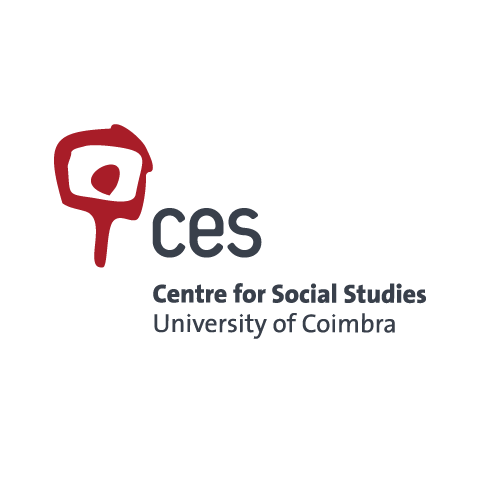
PORTUGAL / CES UC
The Centre for Social Studies of the University of Coimbra is a scientific institution focused on research and advanced training within the Social Sciences and the Humanities, through an inter and transdisciplinary approach.
Since its foundation, in 1978, CES has been conducting research with and for an inclusive, innovative and reflexive society by promoting creative critical approaches in the face of some of the most urging challenges of contemporary societies. Its goal is to continue engaging generations of exceptionally talented researchers and students in the field of Social Sciences.
CES scientific strategy aims to democratize knowledge, revitalize human rights and to contribute to the establishment of science as a public commodity. We pursue this mission by continuously reshaping our research fields in a response to the needs of the society. Our work covers a wide range of scientific activities and scope, at the national and international level, with particular focus on the North-South and South-North dialogues, contributing to the development, dissemination and application of cutting-edge science and to an advanced research and training of excellence.
CROACIA / STATUS M
Status M is a non-governmental and non-profit organization based in Zagreb, Croatia. Since the beginning in 2010 its activities contribute to building a society of freedom, non-violence, inclusion and social justice through the fight for gender equality by working with youth, primarily boys and young men, adult men, students and experts in education, health and social care system.
Status M’s program with youth is the most recognizable in Croatia as it’s aimed at working directly with boys and young men on gender equality and violence prevention in primary and secondary schools and local (Roma) communities throughout Croatia, through a partnership with Centres for Social Welfare in Zagreb, Čakovec and Rijeka, and in the Juvenile detention Center in Turoplje.
That program has been supported by the Department of Social Work of the Faculty of Law, Faculty of Education and Rehabilitation Sciences and the Faculty of Humanities and Social Sciences at the University of Zagreb where Status M holds training and seminars for students. The program was also recognised by the Ministry of Science and Education in Croatia, which has officially accredited and recommended it for implementation in educational institutions in Croatia.
The program with adult men on the promotion of gender equality is primarily aimed at encouraging active fatherhood and equal inclusion of men in care and it has been recognized as pioneering in Croatia and received recognition in the form of the award “100 works for gender equality” by the Office for Gender Equality of the Government of the Republic of Croatia in cooperation with the Embassy of Finland. A part of Status M’s work on active fatherhood is the Fathers’ Festival which Status M organizes in Croatia annually to promote active and caring fatherhood, equitable care and paternal leave with NGO Parents in Action – RODA and the Embassy of Sweden.
Status M’s work in the penal system is specifically targeted at young men and male offenders. Direct work in prisons, penitentiaries and detention centres aims to promote gender equality values and non-violent attitudes. It also encourages active fatherhood and contributes to the preservation of family ties for the groups of incarcerated fathers (to-be) and refers to tertiary prevention of violence, i.e. prevention of recurrence of violent and risky behaviours. Status M has support in the implementation of this program by the Directorate for the Prison System and Probation of the Ministry of Justice in Croatia.
SPAIN / CEPAIM
CEPAIM FOUNDATION Fundación Cepaim is a Spanish NGO whose mission is to promote an inclusive and intercultural society that facilitates full access to citizenship rights for the most vulnerable people in our society and, in particular, for migrants. We do so by developing policies to combat any form of social exclusion and collaborating in the development of local territories and migrants’ countries of origin. We carry out this work through different areas, including Equality and Non-Discrimination, International Protection, Housing and Community-based Development.
The Kinder project is carried out by the Equality and Non-Discrimination Area, which has the main goals of promoting equal opportunities between women and men: fighting gender-based violence; encouraging the adequate management of diversity, promoting equal treatment and opportunities in companies and organizations; and ensuring the inclusion of a feminist gender perspective in the design and implementation of all actions aimed at Cepaim users, the organizational structure and society in general. The activities of the Equality and Non-Discrimination Area focus on social interventions with women and men, training and consultancy for organizations, enterprises and professionals, social innovations projects with special attention to research and action-research programs.
Netherlands / ISSA
International learning community powered by the leading early childhood experts in Europe and Central Asia. We unite and support professionals and partners to deliver high-quality early years services equitably. We challenge existing knowledge and practice and co-construct new approaches and models.
Through our work we advocate for and support competent Early Childhood Systems for all children, especially the most vulnerable. We strive to increase awareness of the importance of Early Childhood Development and of a qualified workforce. As a leading early childhood network and learning community, we promote quality, equitable and integrated services for children, families and practitioners.
funding
KINDER project (GA 101005800) was funded by the European Union’s Rights, Equality and Citizenship Programme (2014-2020)
